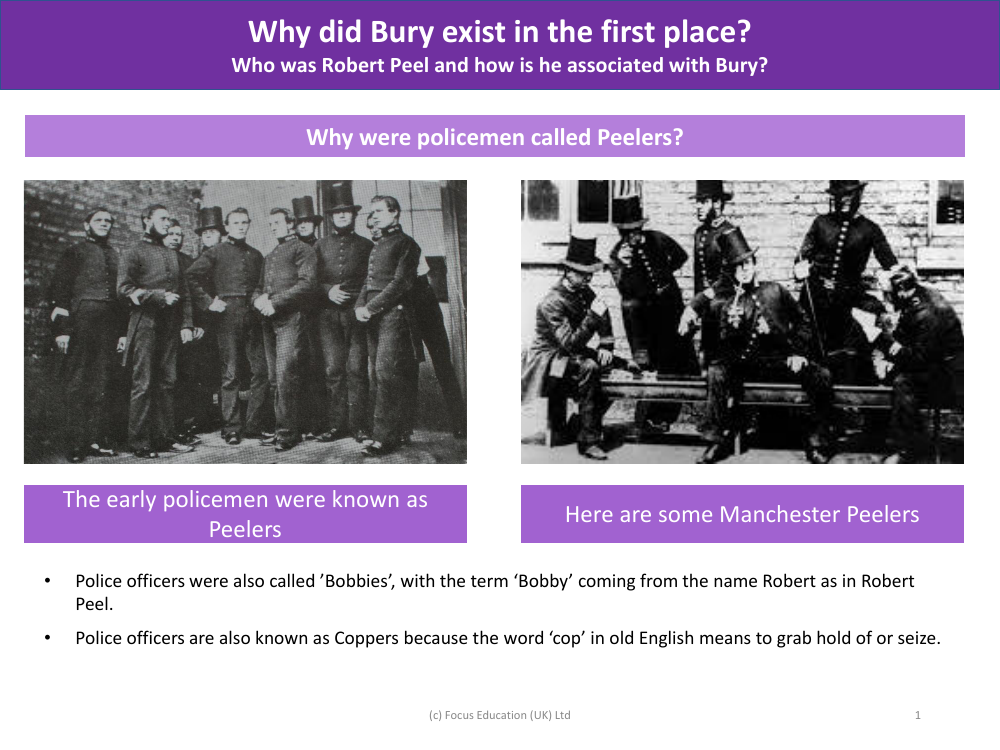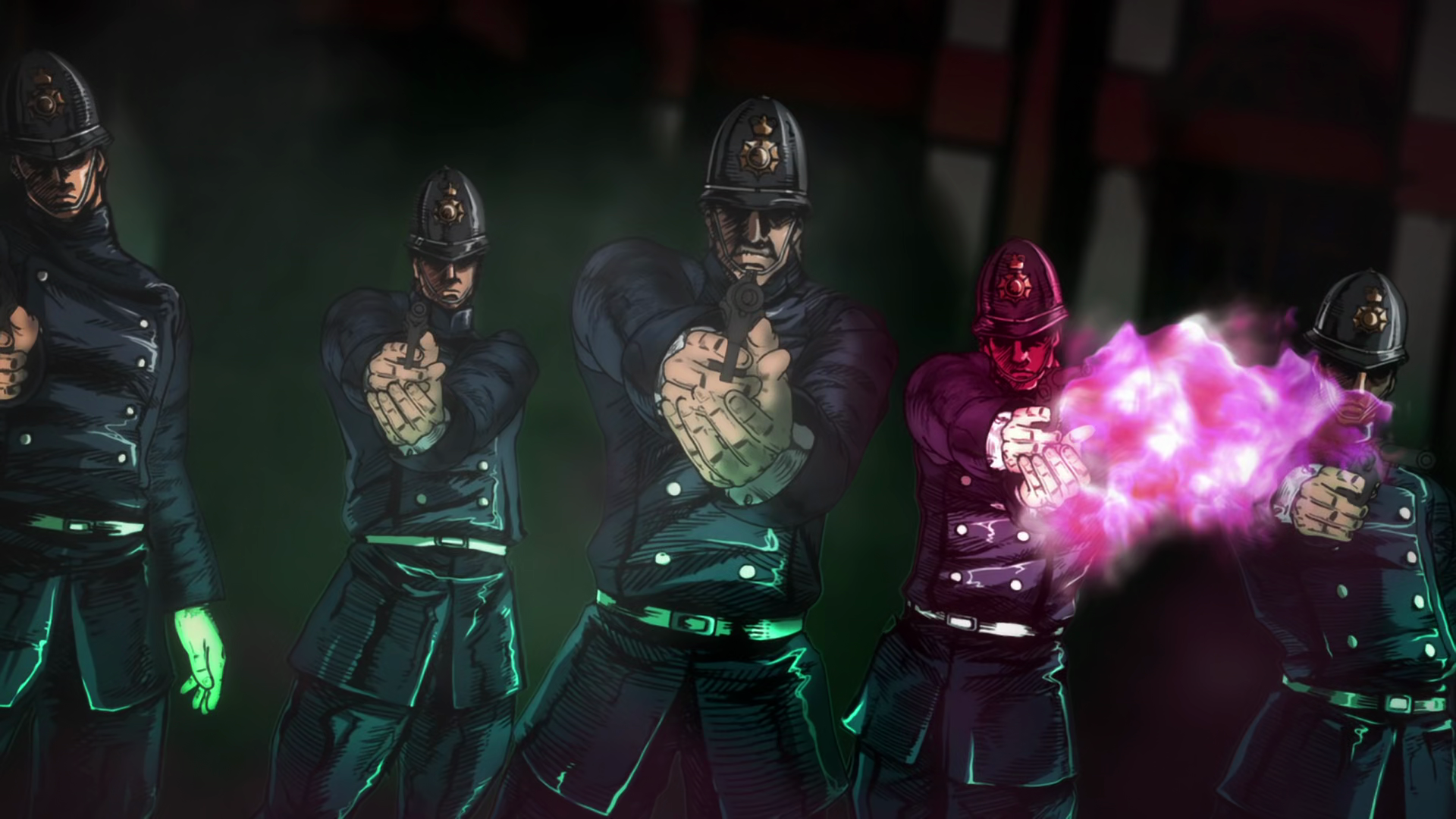Why Policemen Are Called "12": A Comprehensive Exploration
Have you ever pondered why the term "12" is often associated with police officers? This intriguing designation carries a rich history and cultural significance that makes it a captivating topic for anyone curious about law enforcement and its evolution over time. The term "12" is far from arbitrary; it holds a profound meaning rooted in the early days of modern policing. Delving into its origins offers a window into how language and societal norms have shaped our understanding of law enforcement.
The mystery surrounding the term "12" unravels as we trace its historical context. Throughout this article, we will explore its historical significance, evolution, and the cultural implications of its use. Whether you are passionate about history or merely intrigued by the nuances of language, this article aims to provide a thorough understanding of why the term "12" became synonymous with policemen.
Language is a powerful medium that reflects cultural and societal values. The term "12" is no exception. By examining its origins and usage, we can gain a deeper appreciation for the complexities of law enforcement and its role in society. Let’s embark on this journey into the world of policing and uncover the fascinating story behind this term.
- Exploring The Intricate World Of Bitty Schrams Relationships
- Exploring The Life And Influence Of Storm Reids Parents
Table of Contents
- The Historical Background of the Term "12"
- Origins of the Term "12" in Policing
- Cultural Impact and Usage of the Term
- How the Term "12" Has Evolved Over Time
- The Role of Law Enforcement in Popularizing the Term
- Slang and Nicknames for Policemen
- Statistical Insights on the Term's Usage
- Representation of Policemen in Media
- Legal and Ethical Implications of Nicknames
- Conclusion: Why Understanding the Term Matters
The Historical Context of the Term "12"
The term "12," as a reference to police officers, finds its origins in the early days of modern policing. Historically, officers were identified by badge numbers assigned based on rank or jurisdiction. In many cases, the number "12" became associated with specific patrol divisions or precincts, leading to its widespread adoption as a shorthand reference in both formal and informal settings.
Early Policing Practices
In the 19th century, the establishment of organized police forces in cities like London and New York marked a pivotal moment in law enforcement. During this era, officers were assigned specific beats or areas to patrol, and "12" became a common identifier for certain divisions. This practice gradually expanded to other regions, cementing the term's role in policing terminology.
Badge Numbers and Officer Identification
Badge numbers were instrumental in the early days of policing. They served not only as identifiers but also as tools for accountability. The number "12" was favored due to its simplicity and ease of recall, contributing to its widespread adoption in various contexts. Its practicality ensured its enduring relevance in law enforcement.
- Exploring The Life And Achievements Of Chennedy Carter
- Exploring Bill Oreillys Life With His New Wife
Origins of the Term "12" in Policing
The roots of the term "12" can be traced back to the early 20th century, a period marked by the rise of slang and colloquial language. During this time, law enforcement officers were often referred to by nicknames or shorthand terms, and "12" emerged as one of the most widely recognized references to police officers.
Police Radio Codes and Communication
The advent of police radio communications played a pivotal role in the adoption of the term "12." In many jurisdictions, the number "12" was used as a code for routine check-ins or status updates. Over time, this code became synonymous with police officers themselves, leading to its use as a slang term in both professional and casual settings.
Public Perception and Adoption
Public perception also influenced the popularity of the term "12." As law enforcement officers became more visible in urban areas, the public began adopting their own shorthand references. The term "12" was seen as a neutral and non-confrontational way to refer to police officers, appealing to both law enforcement and the general public.
Cultural Impact and Usage of the Term
The cultural significance of the term "12" extends far beyond its historical roots. Today, it is a staple of popular culture, frequently appearing in music, films, and literature. This widespread usage has solidified its place in the collective consciousness of society, ensuring its continued relevance.
Music and Entertainment
Artists and entertainers have frequently referenced the term "12" in their work, often using it as a metaphor for authority or law enforcement. For instance, hip-hop artists often incorporate the term into their lyrics to explore themes of resistance or compliance. This creative usage has helped maintain the term's relevance and widespread recognition.
Social Media and Digital Culture
In the digital age, the term "12" has taken on new meanings and interpretations. Memes, hashtags, and online discussions frequently use the term to reference law enforcement in both positive and negative contexts. This evolution in digital culture has expanded the term's reach and influence, ensuring its continued significance in modern discourse.
The Evolution of the Term "12" Over Time
Like many terms in the English language, "12" has undergone significant changes over the years. What began as a simple identifier for police officers has grown into a multifaceted term with various meanings and connotations.
Technological Advancements and Policing Practices
Advancements in technology and shifts in policing practices have influenced the usage of the term "12." For example, the introduction of body cameras and dashboard cameras has altered the dynamics of police-public interactions, leading to new interpretations of the term. These changes have impacted how the term is perceived in both formal and informal contexts.
Regional Variations and Linguistic Diversity
Regional variations in the usage of the term "12" highlight the diversity of law enforcement practices across different areas. While the term remains widely used in some regions, it has fallen out of favor in others. These variations reflect the unique cultural and societal factors that shape language and communication.
The Role of Law Enforcement in Popularizing the Term
Law enforcement agencies have played a crucial role in popularizing the term "12." Through their use of radio codes, badge numbers, and other forms of communication, they have ensured the term's continued relevance in contemporary society.
Training and Standardization
Training programs for law enforcement officers often include lessons on communication and terminology. By teaching officers to use standardized terms like "12," agencies promote consistency and clarity in their interactions with the public. This practice has contributed to the widespread adoption of the term in both formal and informal contexts.
Public Relations and Community Engagement
Public relations efforts by law enforcement agencies have also contributed to the popularity of the term "12." By incorporating the term into official communications and media appearances, agencies reinforce its usage and ensure its continued relevance in public discourse. These efforts help bridge the gap between law enforcement and the communities they serve.
Slang and Nicknames for Policemen
Beyond "12," there are numerous slang terms and nicknames for police officers. These terms reflect the diverse ways in which society interacts with law enforcement and highlight the complexities of language and communication.
- Five-O
- Pigs
- Cops
- Blue
- Heat
Each of these terms carries its own unique connotations and implications, making them valuable tools for understanding the relationship between law enforcement and the communities they serve. Their usage often reveals underlying societal attitudes and perceptions.
Statistical Insights on the Term's Usage
Data and statistics provide valuable insights into the usage of the term "12" and its impact on society. According to a 2022 study published in the Journal of Linguistic Studies, the term "12" ranks among the most widely recognized slang terms for law enforcement officers, with usage rates exceeding 70% in certain regions.
These statistics underscore the term's continued relevance and emphasize the importance of understanding its origins and implications. By analyzing usage patterns and trends, researchers can gain a deeper understanding of how language shapes our perception of law enforcement and its role in society.
Representation of Policemen in Media
The media plays a vital role in shaping public perception of law enforcement, including the usage of terms like "12." Films, television shows, and news reports often depict police officers in various ways, influencing how the public views their role and responsibilities.
Positive Portrayals
Positive portrayals of law enforcement officers in media often emphasize their bravery, dedication, and commitment to protecting the public. These depictions can reinforce the use of terms like "12" as neutral or even positive references to police officers, fostering a sense of respect and admiration.
Negative Portrayals
Conversely, negative portrayals of law enforcement in media can lead to the adoption of slang terms with more critical connotations. These depictions can shape public opinion and influence the way terms like "12" are perceived and used in everyday conversation, sometimes contributing to skepticism or distrust.
Legal and Ethical Implications of Nicknames
The use of slang terms and nicknames for law enforcement officers raises important legal and ethical questions. While these terms can serve as useful shorthand references, they can also perpetuate stereotypes and reinforce biases, impacting community relations.
Impact on Community Relations
The influence of nicknames on community relations is a critical consideration for law enforcement agencies. By promoting respectful and inclusive language, agencies can foster trust and cooperation with the communities they serve. Conversely, the use of derogatory or offensive terms can damage relationships and hinder effective communication.
Legal Considerations
From a legal standpoint, the use of slang terms and nicknames for law enforcement officers can have significant implications. In some cases, derogatory terms may be considered harassment or defamation, leading to potential legal action. Agencies must remain vigilant in promoting responsible and respectful communication to avoid these pitfalls.
Conclusion: The Importance of Understanding the Term "12"
In conclusion, understanding the term "12" and its origins provides valuable insights into the history and evolution of law enforcement terminology. By exploring its historical background, cultural impact, and legal implications, we gain a deeper appreciation for the complexities of language and communication in the context of policing.
We invite you to share your thoughts and experiences with the term "12" in the comments section below. Your feedback and insights can enrich our exploration and understanding of the fascinating world of law enforcement terminology. Additionally, we encourage you to explore other articles on our site for more information on related topics.



Detail Author:
- Name : Vladimir Larson
- Username : johnson.tommie
- Email : shania97@torphy.com
- Birthdate : 1997-06-01
- Address : 7363 Floyd Cape Suite 546 Gibsonport, MD 29030-3563
- Phone : (601) 571-9390
- Company : Goodwin, Cronin and Larkin
- Job : Tool and Die Maker
- Bio : Vel praesentium et sint voluptatem nihil quis quis. Facere in corporis optio in doloremque aut iure necessitatibus. Cum accusantium minus vitae. Fugiat maiores aut et possimus rerum.
Socials
twitter:
- url : https://twitter.com/andy_id
- username : andy_id
- bio : Porro quasi assumenda ea consequatur consequuntur. Sequi qui eius animi aut ut cumque inventore.
- followers : 1558
- following : 692
linkedin:
- url : https://linkedin.com/in/andy.marquardt
- username : andy.marquardt
- bio : Et alias quia et magni architecto.
- followers : 5438
- following : 475
tiktok:
- url : https://tiktok.com/@andy5990
- username : andy5990
- bio : Quia voluptatibus incidunt pariatur sit neque.
- followers : 2784
- following : 333